Tips to choose right tooth paste:
Here, are some tips to choose right toothpaste for your dental health:
1.Fluoride:
This might sound like a big word, but it’s actually a super important ingredient in toothpaste. Fluoride helps strengthen your teeth and protects them from decay. In other words, it acts like a shield for your pearly whites, keeping cavities at bay.
2.ADA Seal of Approval:
Ever seen that little logo on the toothpaste tube with the letters “ADA”? Well, that stands for the American Dental Association. If a toothpaste has their seal of approval, it means it’s been tested and proven to be both safe and effective. Therefore, always look for that seal when picking toothpaste.
3.Gentle Abrasives:
Of course, toothpaste needs to clean your teeth, but it shouldn’t be too harsh. Look for toothpaste with gentle abrasives, which help scrub away plaque and stains without scratching your enamel. After all, your enamel is like the armor for your teeth, and keeping it strong is crucial.
4.Flavor:
Toothpaste comes in all sorts of flavors, from minty fresh to fruity fun. So, pick one that you actually enjoy! If you like the taste, you’ll be more motivated to brush for the recommended two minutes, twice a day.
5.Anti-bacterial Agents:
Moreover, some toothpaste contains ingredients that fight off bacteria in your mouth. These bacteria are the culprits behind bad breath and gum disease. By using toothpaste with anti-bacterial agents, you’re essentially giving these harmful bacteria the boot.
6.Sensitivity Relief:
If you have sensitive teeth, you might want to look for toothpaste specifically designed to ease that discomfort. Typically, these kinds of toothpaste contain ingredients like potassium nitrate or strontium chloride, which help calm the nerves in your teeth and reduce sensitivity.
7.Whitening Agents:
Additionally, some toothpaste includes whitening agents like hydrogen peroxide or baking soda to help lift surface stains. Just be mindful, though, not to overdo it, as excessive whitening can lead to tooth sensitivity.
8.Sugar-free:
Obviously, sugar is not something you want in your toothpaste. Sugar feeds the bacteria in your mouth, which leads to cavities and other dental problems. Therefore, always make sure your toothpaste is sugar-free to avoid those pesky bacteria.
9.Xylitol:
Xylitol, on the other hand, is a sweetener that not only adds a touch of sweetness to your toothpaste but also helps prevent cavities. It reduces the bacteria that cause tooth decay, giving you a double layer of protection.
In conclusion, brushing your teeth is just one part of a good oral hygiene routine. Don’t forget to floss daily, eat a balanced diet, and visit your dentist regularly for check-ups and cleanings. With the right toothpaste and good habits, you’ll be flashing that winning smile for years to come.
FAQs:
1.What is the best toothpaste for sensitive teeth?
Toothpaste designed for sensitive teeth often contains ingredients like potassium nitrate or strontium chloride. These ingredients help reduce sensitivity by calming the nerves inside the teeth.
2.How much fluoride should toothpaste have?
For adults, toothpaste should contain at least 1,000 to 1,500 parts per million (ppm) of fluoride to effectively prevent cavities.
3.Can whitening toothpaste damage teeth?
Whitening toothpaste is safe when used as directed. However, overusing it can cause tooth sensitivity and damage the enamel, so it’s best not to use it too often.
4.What toothpaste is recommended by dentists?
Dentists usually recommend toothpaste that contains fluoride and has the ADA Seal of Acceptance, indicating it has been tested for both safety and effectiveness.
5.Does toothpaste expire?
Yes, toothpaste does expire. The typical shelf life is two years from the manufacture date, after which the fluoride may become less effective.
6.What is the purpose of fluoride in toothpaste?
Fluoride helps strengthen tooth enamel and makes it more resistant to cavities by demineralizing the teeth and protecting them from decay.
7.How often should I use toothpaste with whitening agents?
It’s recommended to use whitening toothpaste 2-3 times a week to avoid tooth sensitivity and enamel damage while still keeping your smile bright.
8.Can toothpaste help with gum disease?
Yes, some toothpaste includes anti-bacterial agents like triclosan or stannous fluoride. These can help reduce gum inflammation and fight off the bacteria that lead to gum disease.
9.Are natural toothpaste brands as effective as regular ones?
As long as a natural toothpaste contains fluoride and has been approved by the ADA, it can be just as effective as regular toothpaste in preventing cavities and promoting oral health.
10.How do I choose toothpaste for my child?
For children, it’s important to choose a toothpaste with a lower fluoride concentration (around 500 ppm) and a flavor they enjoy. Make sure it’s appropriate for their age and carries the ADA seal for safety.

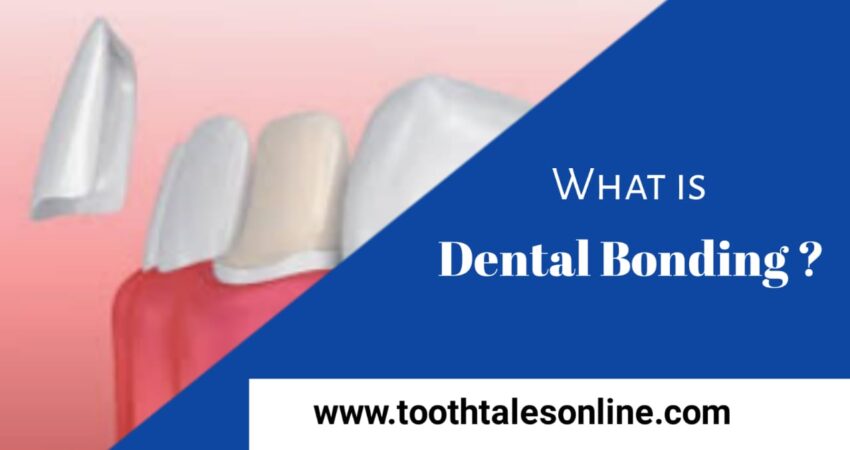
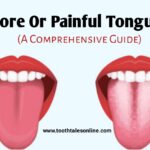
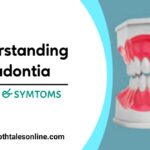
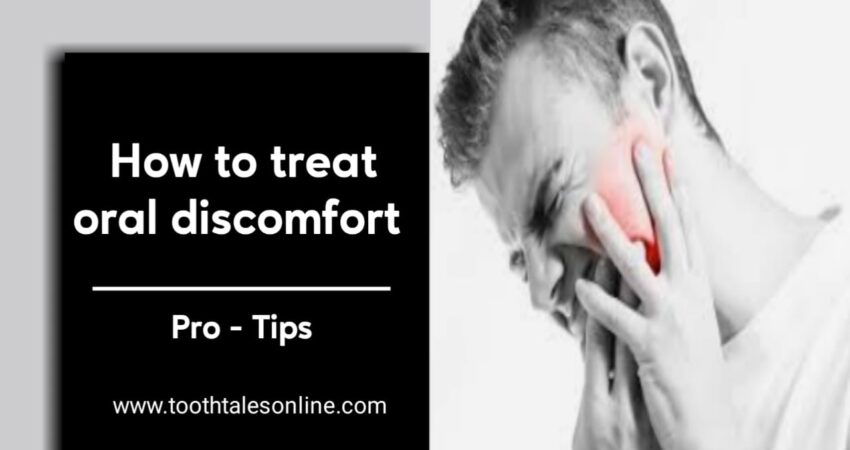





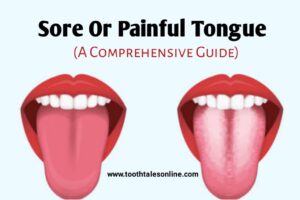
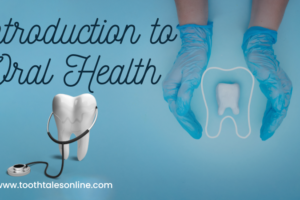










Add Comment